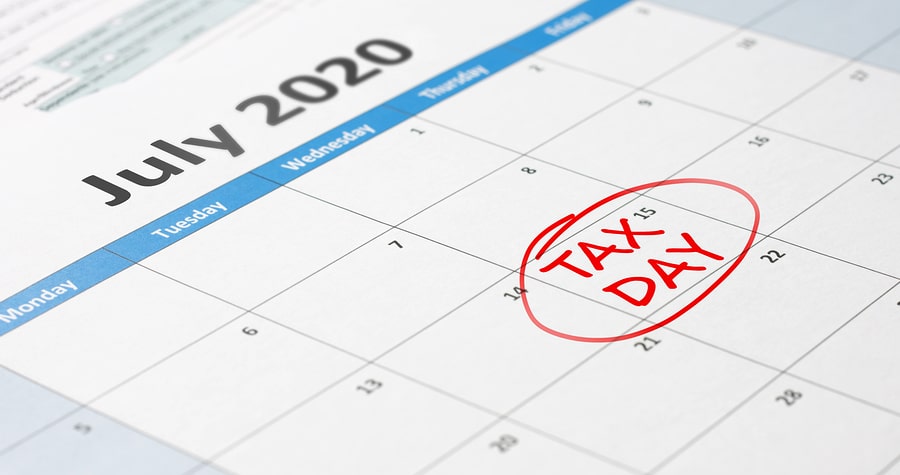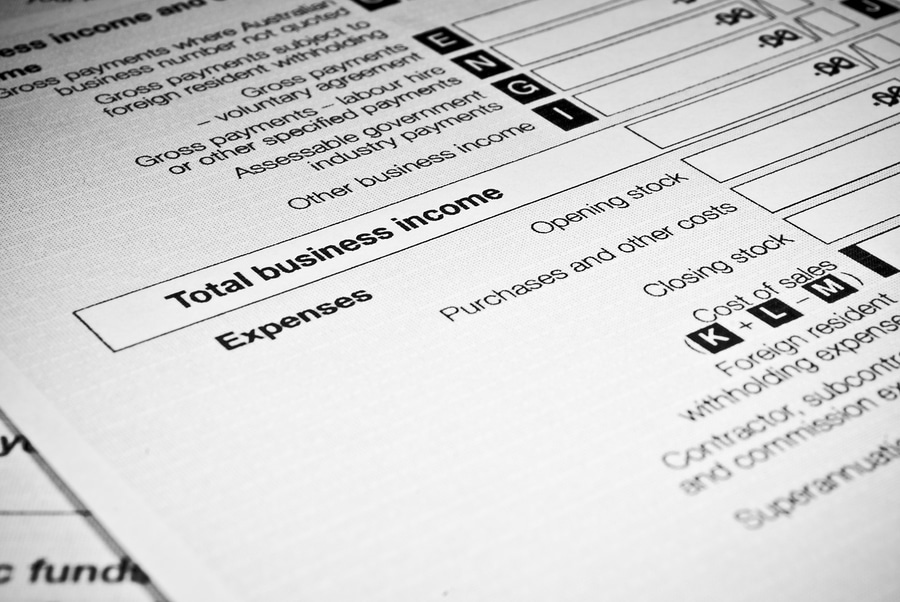
Our small business accountants explain tax exemptions & deductions
Let’s face it, nobody likes paying tax, least of all business owners like you. While we all understand its importance and the crucial things it funds, that doesn’t mean that we’re happy to pay up.
Luckily, there are many ways for business owners to reduce their tax burden – namely:
- Tax exemptions
- Tax deductions
- Tax credits
Don’t worry, all three are completely legal tax minimisation methods designed to take the load off small and medium businesses.
Come tax time, our small business tax accountants in Melbourne will help you determine which exemptions and deductions you qualify for.
Tax minimisation, explained
When it comes to tax, it’s important to distinguish between tax minimisation and tax evasion – one of them is legal; the other one isn’t.
Tax minimisation is about reducing your tax burden using legitimate, legal methods.
In particular, that means applying for small business tax deductions and exemptions that you qualify for.
(By contrast, tax evasion uses illegal methods to reduce the taxes you pay, including misreporting your income on your business tax return.)
The differences between tax deductions and exemptions
While all three of these tax minimisation efforts have the same outcome – that is to say, they all aim to reduce the amount of tax your business pays – the way they go about it is different.
Tax deductions
Tax deductions operate by reducing your tax burden when tax time comes – think of it as a discount code or coupon.
Just like when you enter a discount code at an online checkout, when you fill out your business tax return, claiming a tax deduction reduces your overall tax burden right then and there.
Some common examples of small business tax deductions can use include:
- Business travel expenses
- Instant business asset write-off
- Operating and capital expenses
- Depreciation of business assets
Of course, these aren’t the only business tax deductions out there – nor are they the only ones you’ll qualify.
Even if you plan on doing your own business tax return, we suggest talking to a small business accountant to get an idea of your deductions first.
Tax exemptions
By contrast, certain businesses are eligible for tax exemptions. Provided you meet certain eligibility criteria, you will not have to pay certain taxes at all, or pay a lower rate!
The process for applying for a tax exemption varies depending on the tax, as well as whether or not you’re applying to the Australian Tax Office (ATO) or State Revenue Office (SRO).
In most cases however, it involves getting in contact with the relevant agency directly.
For example, Victorian retirement villages, aged care and disability centres are completely exempted from land tax under certain circumstances.
Once they’ve requested (and received an exemption), they won’t have to pay land tax at all.

The application process
Claiming a tax deduction
Tax deductions are applied while filling out your business tax return. Not only that, but they’re claimed on a tax-by-tax basis.
As such, you’ll have to create an itemised business tax return, labelling all the deductions your business qualifies for. In some cases, you may also have to provide quantifying evidence to prove your eligibility.
Claiming each tax deduction you’re eligible for while filing your business tax return can be time-consuming – and that’s assuming you know what deductions you’re eligible for in the first place.
That’s something that our small business accountants can help with.
In addition to claiming your tax refund for you, our team will also help you figure out which business expenses and deductions your business is eligible for in the first place.
Applying for tax-exempt status
By contrast, tax exemptions are applied to your entire business – if you’re tax-exempt, you’re automatically excluded from having to pay a range of different taxes.
Many taxes in Australia have exceptions for qualifying businesses – in order to qualify for them however, you’ll need to apply for tax-exempt status.
Examples of tax-exempt organisations include:
- Charities and nonprofits
- Cultural and religious organisations
- Health organisations
- Scientific organisations
- Employment bodies
- Educational facilities and schools
In order to claim tax-exempt status, you’ll need to get in touch with the ATO (or SRO) directly and fill out an application.
Need help?
Our small business accountants in Melbourne can help
Let’s face it, tax time can be stressful. You’ll have to contend with the work of claiming your deductions and the lengthy process of applying for exemptions.
Very rarely is it all laid out in a way that you can understand – most of the time, it’s hidden in different forms and buried under a mountain of illegible ATO jargon.
Fortunately, that’s what our small business tax accountants are here to help with.
Since 1966, we’ve been helping small and medium businesses just like yours get their taxes in order.
Our team assesses your tax situation, helping chart a course of action that minimises your tax burden and leaves your business in the best position.
Whether that involves finding out which deductions and exemptions you qualify for or taking the work of completing your tax return off your hand, we can do it.
Don’t pay more than you need to come tax time – get in touch with our small business accountants today on (03) 9589 5488, or click here to touch base online.






















